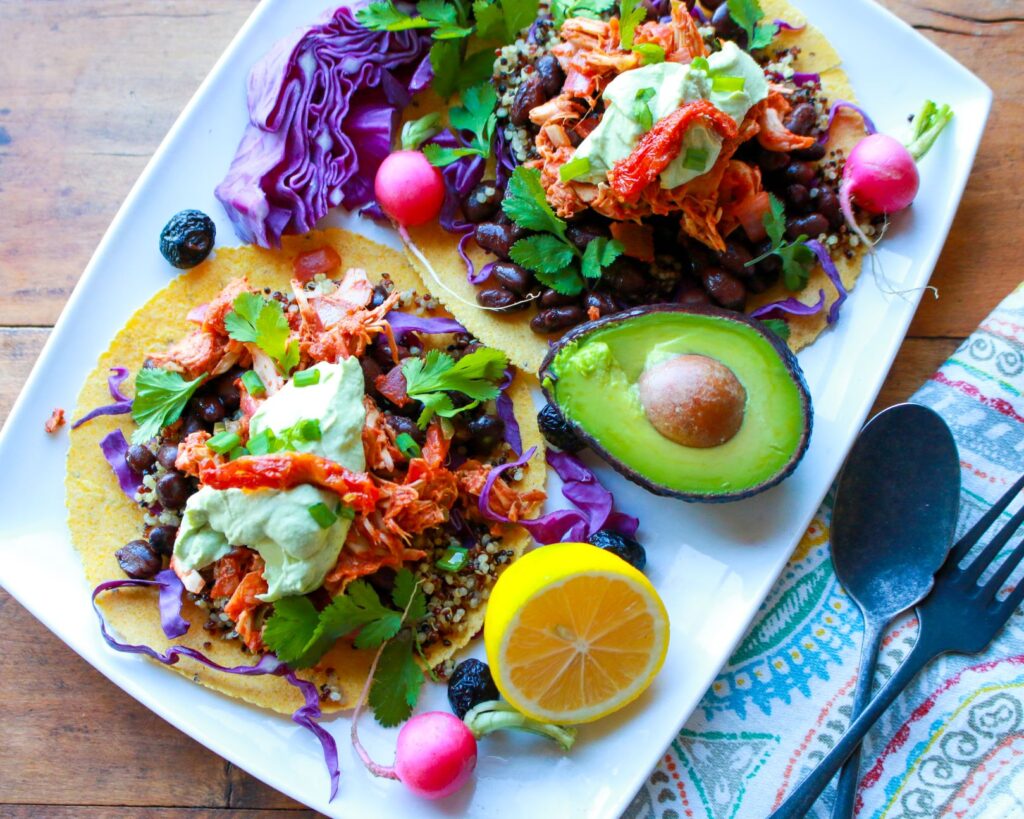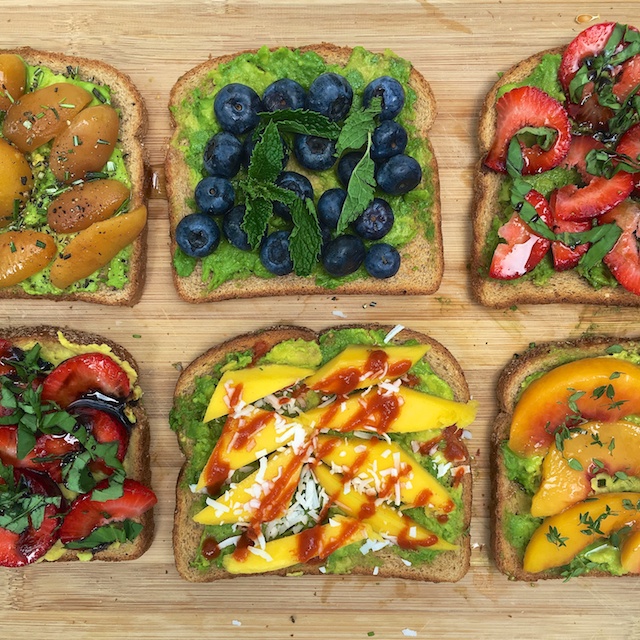A recent study examined the role plant-based diet diet quality can play in helping to prevent breast cancer. Learn about the findings in this research update.
More and more research links plant-based eating patterns, including vegan, vegetarian, semi-vegetarian, pescatarian, and flexitarian to multiple health benefits, including reduced risk of cancer. However, the latest science is digging into the actual quality of plant-based eating styles. After all, there is a wide spectrum of plant-based foods in terms of healthfulness. You can eat a junk food plant-based diet filled with refined grains, sugary beverages, French fries, chips, and cookies—or you can eat a healthful plant-based diet filled with whole plant foods, such as pulses, whole grains, fruits, vegetables, nuts, and seeds. In a recent study, women in France eating plant-based diets were observed to see if their adherence to a plant-based diet, as well as the quality of those diets, were linked to reduced long-term risk of developing breast cancer.

The study observed the eating habits of postmenopausal French women for 21 years. Based on self-reported food questionnaires, women were categorized as either following a mostly plant-based diet or a mostly animal-based diet. Women who followed plant-based diets were then further categorized as either following a “healthy” plant-based diet pattern or an “unhealthy” plant-based diet pattern. The unhealthy plant-based diet was lacking in nutritional quality and filled with more processed foods, desserts, and potatoes. Meanwhile, the healthy plant-based diet was high in healthful foods, like whole grains, fruits, and vegetables.

Throughout the 21-year duration of the study, 3,968 of the original 65,574 participants were diagnosed with breast cancer. Women who ate an less healthful plant-based diet had a 20% greater risk of developing cancer when compared to women who ate a nutrient-dense, healthful plant-based diet. Women who ate a nutrient dense plant-based diet were 14% less likely to develop breast cancer. The “healthy” group ate whole grains and fruits instead of refined grains and fruit juices. While both groups ate similarly, one group ate the high-quality, less processed version of plant foods. Researchers believe this distinction was crucial for disease prevention.
Based on a body of research, plant-based diets based on whole foods are recommended for disease prevention. So, moving to a more plant-based diet can help you on your road to healthful living. If you are eating to help prevent cancer, read more about my cancer fighting tips here:
Best Odds Diet Approach for Fighting Cancer
Live Chat: Fight Cancer with Your Fork with Karen Collins
Live Chat: Fight Breast Cancer with Plants with Dr. Kristi Funk
Read more about the results of the study here.
For other plant-based research updates, check out the following:
Climate Change Leads to Poor Diets for Children
Plant-Based Diets Help Fight Stroke
What Diet is the Worst for the Environment?
Plant-Based Diets and COVID-19
Main Image: Jackfruit Black Bean and Quinoa Tacos by Sharon Palmer, MSFS, RDN









